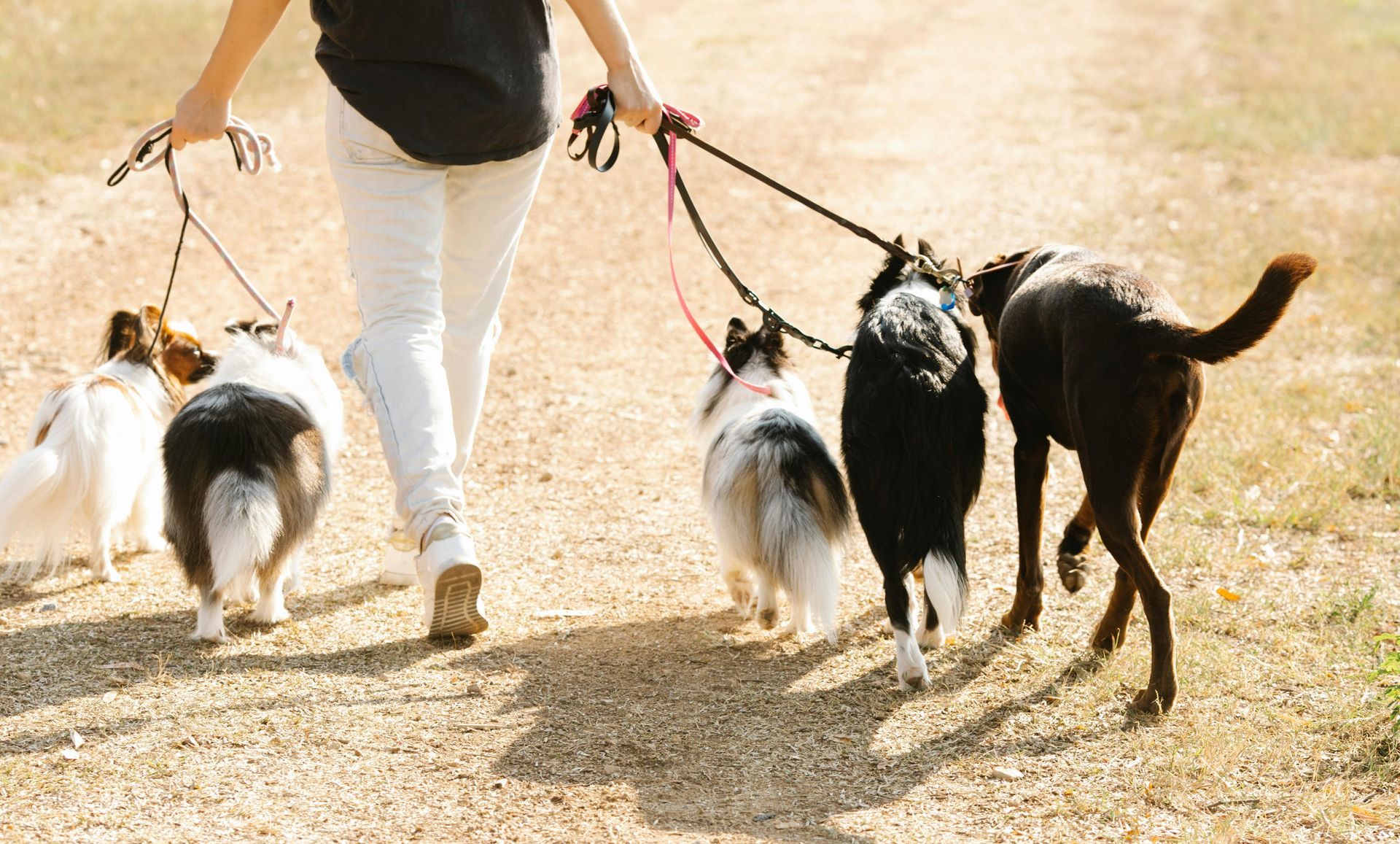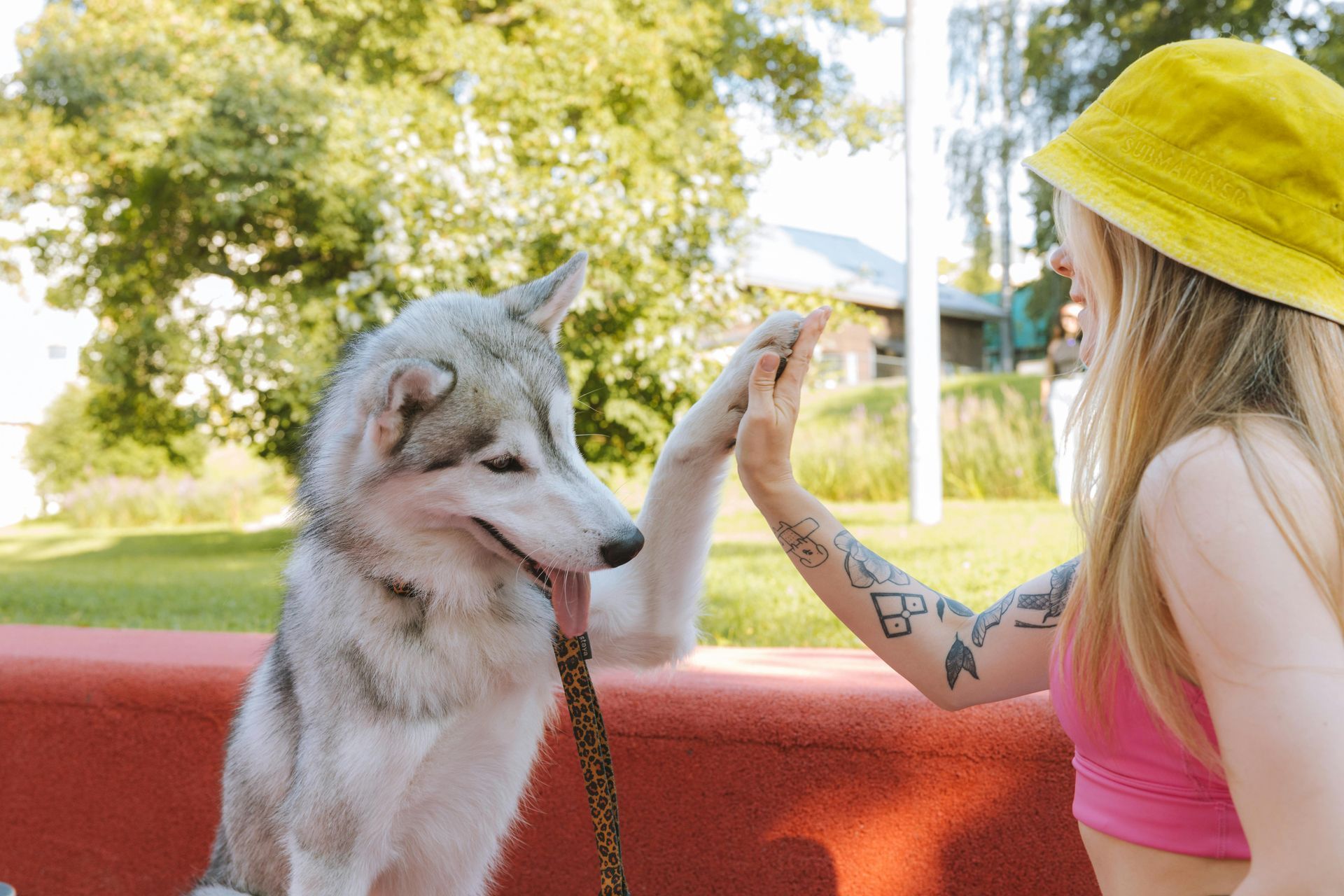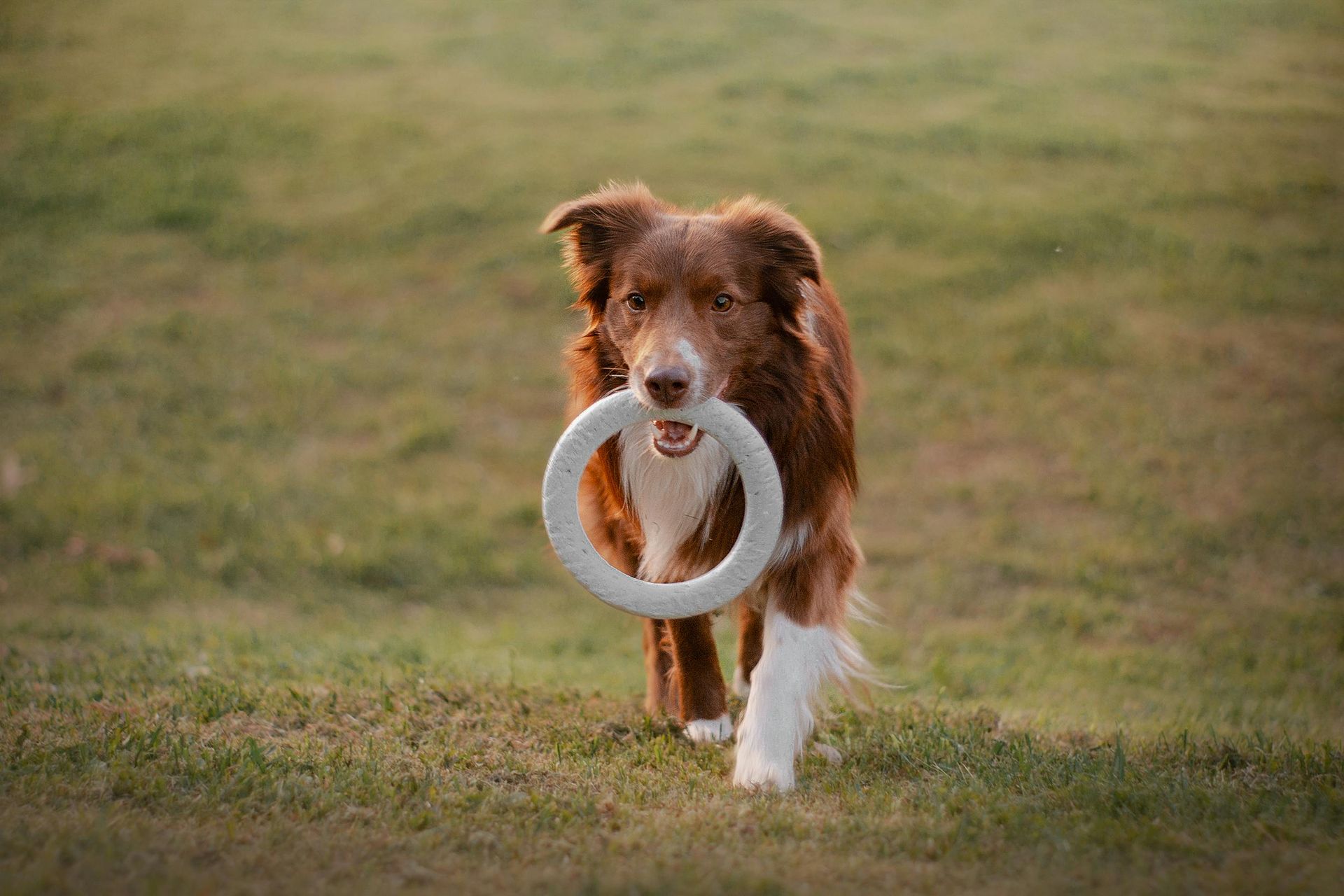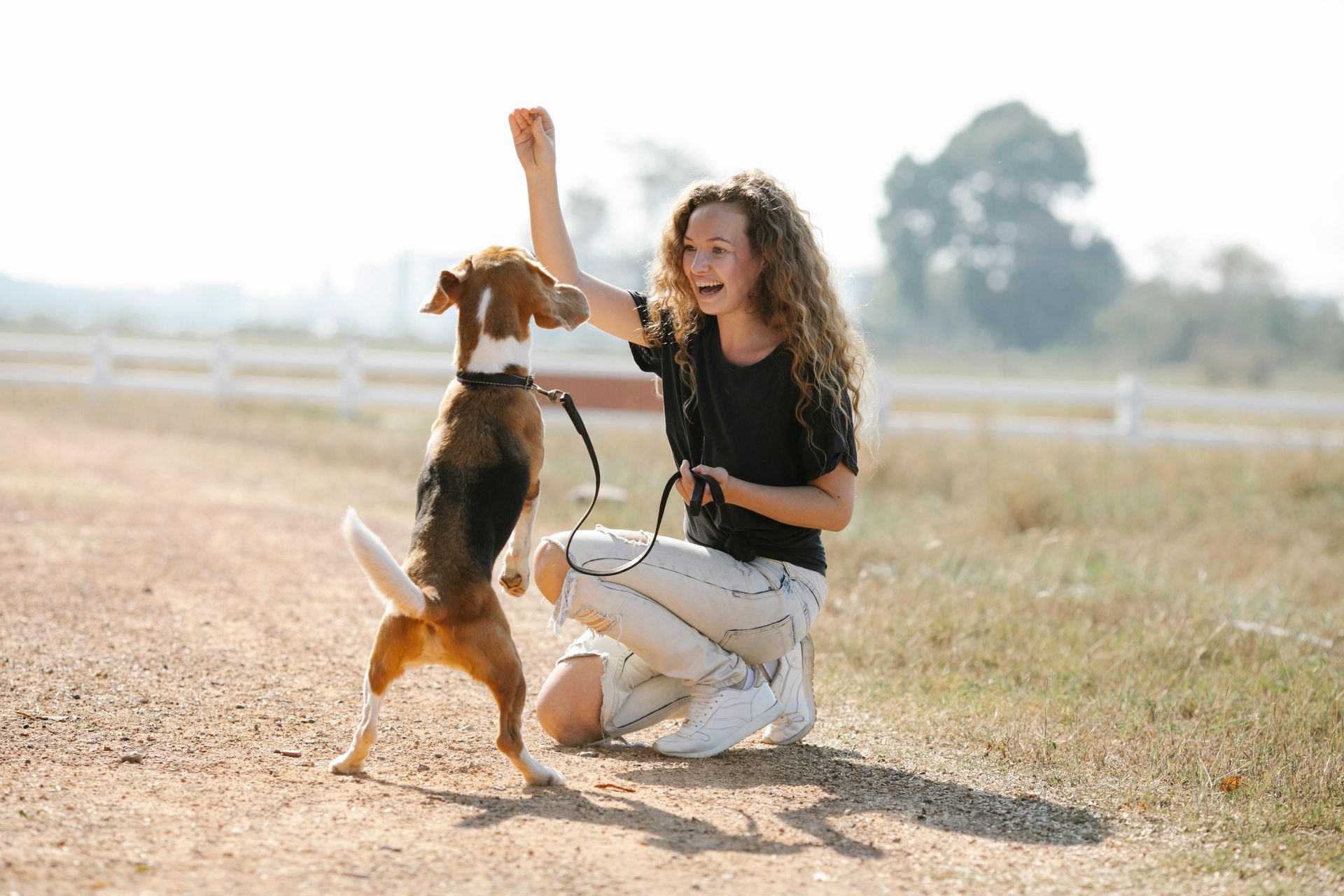Is Your Pup Getting a Complete Diet?
A well-balanced diet is essential for your dog's health and longevity. Understanding the components and requirements of a nutritious diet will ensure your pup remains happy and healthy. Here's what you need to know to provide the best for your furry friend.
Understanding Dog Nutrition
Dogs require a balanced mix of protein, fats, carbohydrates, vitamins, and minerals. Here's how to ensure your dog's food meets their nutritional needs:
- Proteins: High-quality proteins are crucial for muscle repair and growth. Look for dog foods where a named animal protein (like chicken, beef, lamb, or fish) is listed first, indicating it's the primary ingredient.
- Fats: Essential fatty acids such as omega-3 and omega-6 support skin and coat health. Sources like fish oil or flaxseed are beneficial.
- Carbohydrates: Though not essential, carbs provide energy and help in digestive health. Good sources include whole grains like brown rice or fiber-rich vegetables.
- Vitamins and Minerals: These are vital for immune function and overall health. Dog foods should be fortified with appropriate amounts of vitamins and minerals. Look for foods incorporating fruits and vegetables as natural sources.
- Water: Fresh, clean water should be available at all times, as it's essential for your dog's overall health.
Choosing the Right Food
- Check Labels: Look for foods certified by the Association of American Feed Control Officials (AAFCO), which indicates the food meets industry-standard nutritional levels.
- Avoid Fillers: Steer clear of foods with fillers like corn and soy, which offer little nutritional value and might lead to weight gain.
- Special Diets: Consider special diet needs based on your dog's age, breed, and any health issues. Puppies, for example, need diets rich in calories and nutrients for growth, whereas older dogs might require fewer calories but more joint support nutrients.
Feeding Practices and Schedules
- Feeding Frequency: Puppies should eat three to four times a day, while adult dogs generally require two meals a day. Seniors may need adjustments based on their metabolic needs.
- Portion Control: Overfeeding is a common issue. Follow the recommended feeding guidelines on the dog food package, adjusting as necessary for your dog’s activity level and weight.
- Treats and Extras: Treats should make up no more than 10% of your dog’s daily calorie intake to prevent obesity and nutrient imbalance.
Monitoring Health and Making Adjustments
- Observe Your Dog: Regularly assess your dog’s energy level, coat health, and overall vitality to gauge if their diet is meeting their needs.
- Regular Vet Visits: Discuss your dog's diet with your veterinarian during regular check-ups and adjust the diet as recommended based on health changes or age.
- Be Wary of Human Food: Many human foods can be dangerous to dogs. Avoid feeding table scraps and stick to dog-specific treats and chews.
Transitioning Foods
If you need to switch your dog's food, do so gradually over a period of about a week to avoid digestive upset. Mix increasing amounts of the new food with the old to ease the transition.
Providing a complete and balanced diet is one of the most important aspects of pet care. With these guidelines, you can ensure your dog is not only well-fed but also receiving all the necessary nutrients for a long and healthy life.

